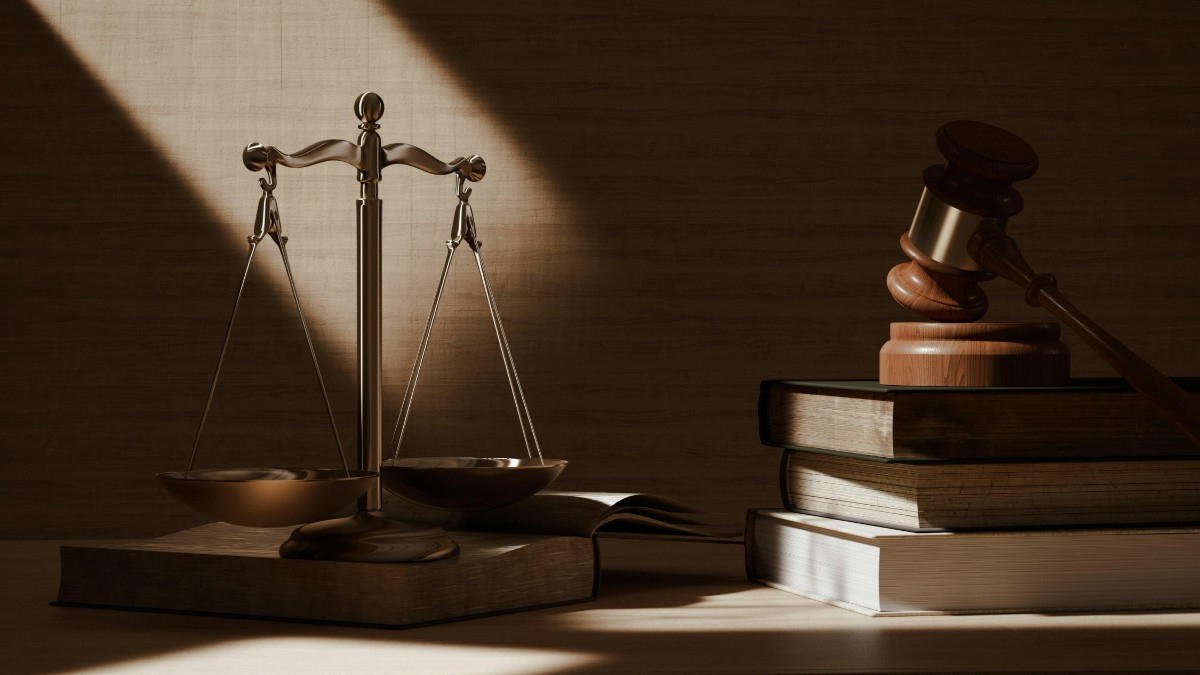The idea of a preemptive pardon, that is, a president extending mercy to individuals before charges of any crime have been levied against them, raises a host of legal and constitutional questions in the United States. The plan was reportedly under consideration by President Joe Biden in a bid to shield the officials from possible retaliation by the incoming Trump administration. This is coming just a few weeks after President Joe Biden granted his son, Hunter Biden, presidential pardon, as detailed with this article, Can Hunter Biden’s pardon be revoked? As such, the legality of the unprecedented move needs to be delved into and its consequence examined.
Understanding presidential pardon powers
Article II, Section 2 of the U.S. Constitution has vested the power to grant pardon for federal offenses, other than impeachment. Traditionally this power has been understood to extend only to persons convicted of, or charged with, crimes. Perhaps the most famous case was the absolute pardon issued by President Gerald Ford to Richard Nixon for any crimes he might have committed during his presidency, which many saw as an inappropriate abuse of presidential power and the most recent being President Biden using this power to grant his son pardon from gun and tax related charges levied against him.
The scholars also disagree on whether the president can extend pardons to actions for which a charge has not been brought. Some believe that the framers of the document meant for the breadth and inclusiveness of the pardon powers to be granted to the president, while others see this as undermining the rule of law and creating a dangerous precedent.
The legal landscape of preemptive pardons
Preemptive pardons are a little addressed topic within American jurisprudence. There is no prohibition within the Constitution against such acts; however, critics believe these may violate due process and fairness. The main issue is whether a pardon could be valid when there has been no specification of the conduct for which the pardon is issued or when no crime has occurred.
Legal experts say one of the reasons a preemptive pardon is fraught with controversy is that it could result in a legal challenge, thereby making courts decide whether such a pardon is constitutional. Using another example, if a person were to receive a preemptive pardon and later face some accusation of a crime, there would almost definitely be litigation over whether that pardon was valid. That might beg the question whether such a move was an abuse of presidential power.
Biden considers issuing preemptive pardons
With the return of Donald Trump to the White House, Biden is reportedly considering issuing preemptive pardons to people that Trump’s administration may single out for harassment. Included are luminaries like Dr. Anthony Fauci, Liz Cheney who heavily campaigned against Donald Trump, retired general Mark A. Milley, and U.S. Senator-elect Adam Schiff, targets who had come out strongly against Trump as investigations and charges have threatened.
Rep. Brendan Boyle, Democrat of Pennsylvania, first publicly stated this week that Mr. Biden should grant preemptive pardons to those who publicly opposed Trump. “Trump has made it clear that he is more focused on settling personal scores than on protecting the American people or upholding the rule of law,” he uttered in a statement of Trump’s plan to nominate Kash Patel to lead the FBI.
Biden’s consideration of preemptive pardons are a sign of the increasingly restive feelings of his administration at the hostile posture adopted by Trump against what he perceived to be critics. Putting openly partisan figures into the top reaches of law enforcement agencies has fed fears of an attempt to pursue political prosecutions of individuals who cross the administration over their efforts in investigating his presidency.
Potential consequences and risks
The granting of preemptive pardons also holds a great deal of political and legal risk. From a purely political perspective, they can almost be seen as an affirmation of guilt or wrongdoing from those being pardoned, even for those who have done nothing wrong whatsoever. This will be one more reason for even more partisan divide and backlash against Biden from both sides.
The president has wide-ranging powers of granting pardons, but invoking this in such a manner would immediately invite Congressional scrutiny and, most likely, legal challenges from either affected parties or advocacy groups. Critics say it would undermine public confidence in the justice system by implying that some people are above the law or immune from accountability.
There is also trepidation that premature/preemptive pardoning would lead to the further possibility of future administrations emboldened to do likewise, creating a vicious circle of retaliatory pardoning, which could further erode the public’s trust in institutions of government.
Read more: Who is Tina Peters, the Trump election conspirator sentenced to 9 years in prison by a Colorado judge
Read more: Jack Smith’s explosive document against Trump for 2020 election – Here’s how special prosecutor will defend that former president was behind Capitol assault
